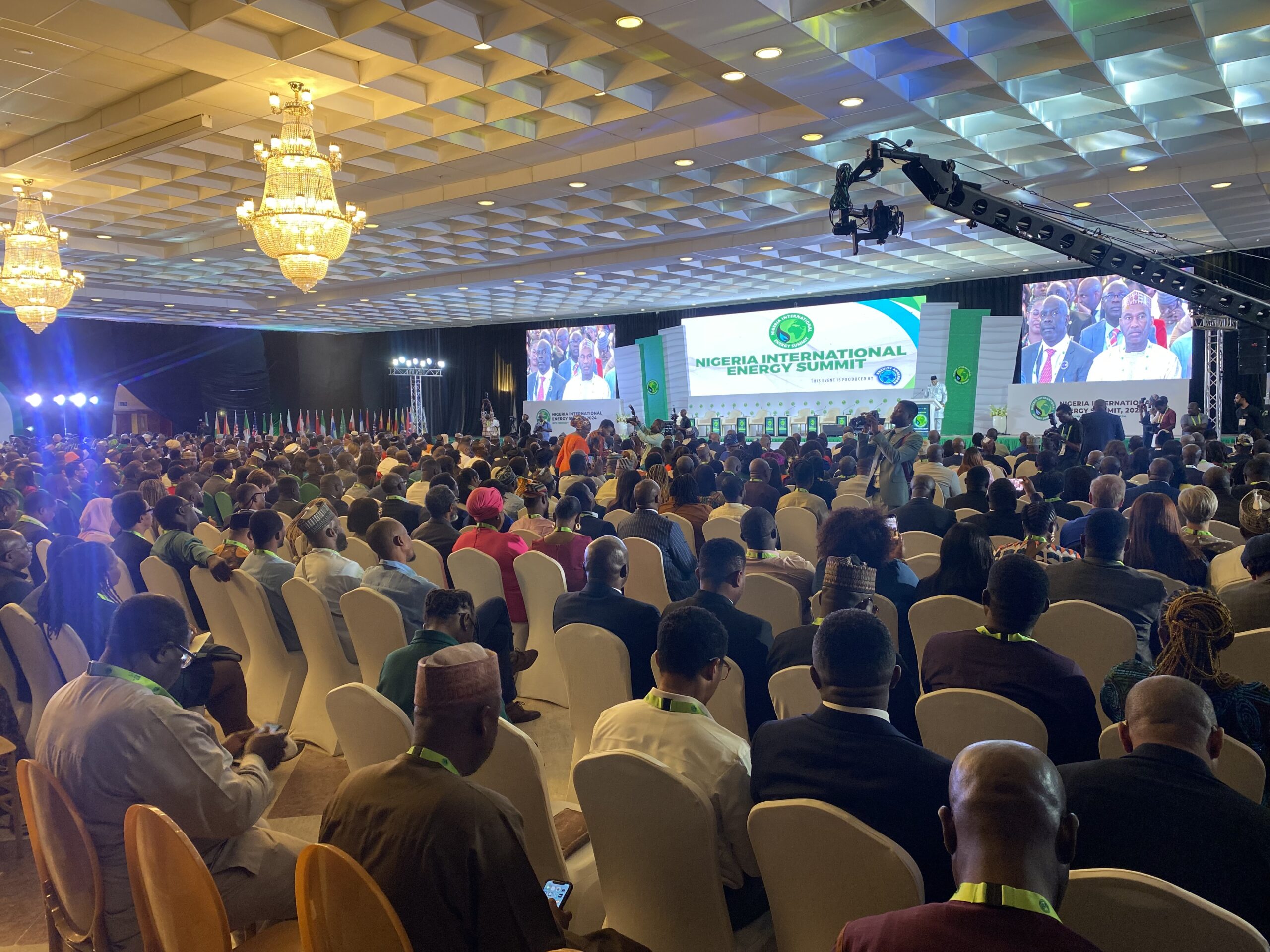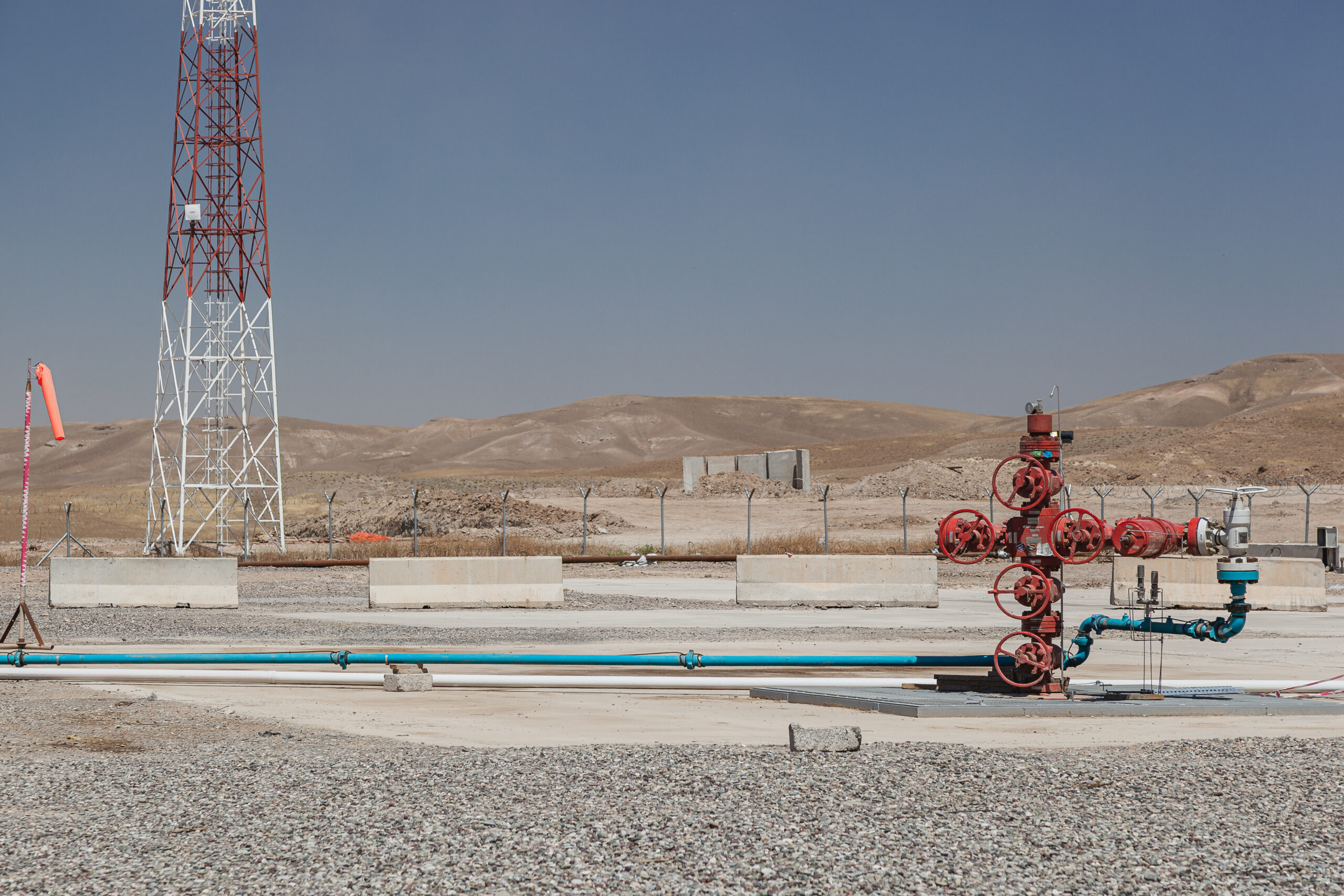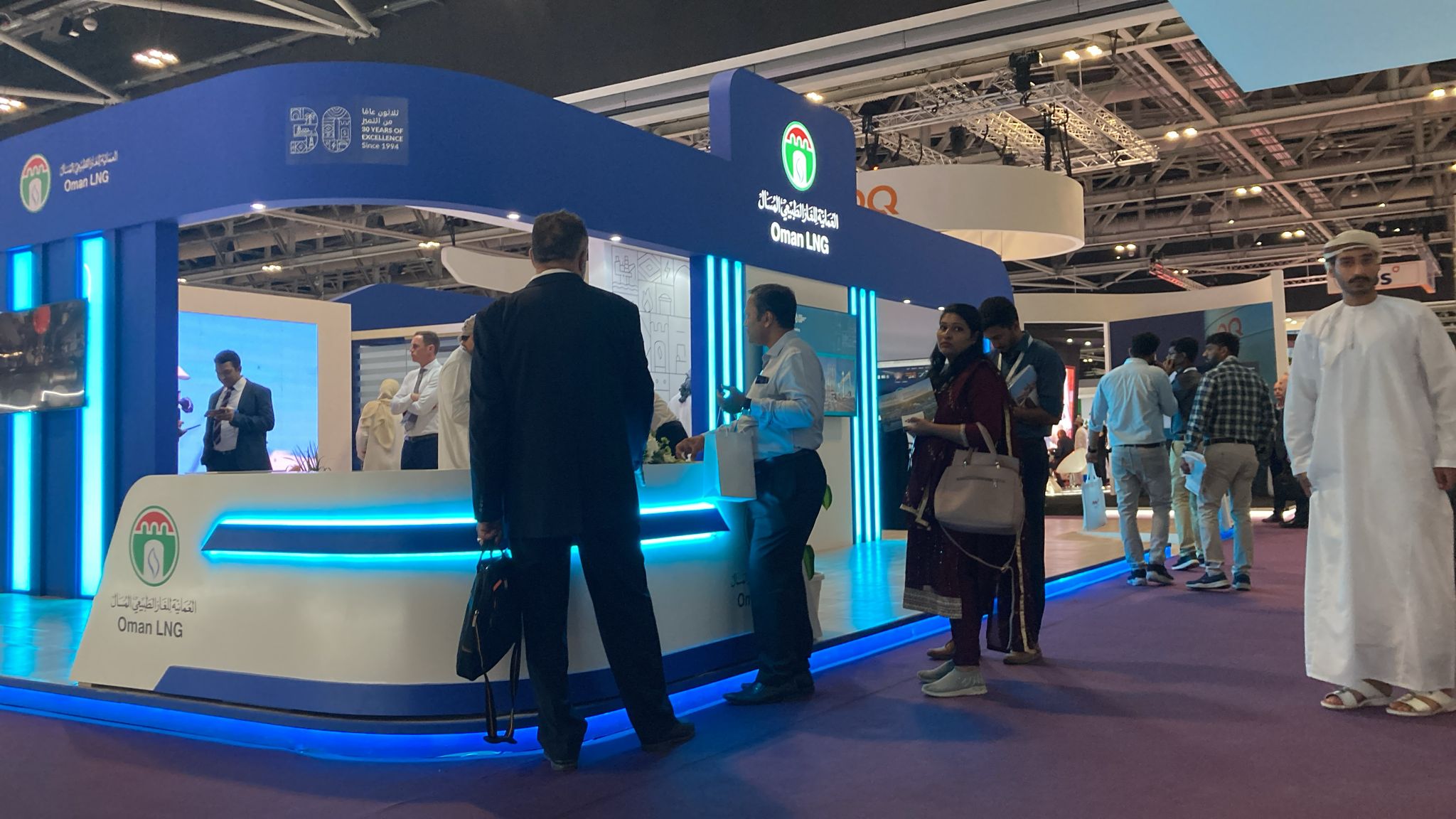IOCs must follow due process to divest in Nigeria: regulator
At the Nigeria International Energy Summit, the country’s upstream regulator stressed the need for due process during IOCs’ divestment in Nigeria amid Shell’s sale.

This is the second conference round-up from our Africa Correspondent Samuel Ajala. Read the first here.
(Abuja, Nigeria) — The Nigerian Upstream Petroleum Regulatory Commission (NUPRC) Chief Executive Officer, Engr. Gbenga Komolafe has stressed that international oil companies(IOCs) must follow due process in divesting their assets in the country, emphasising transparency and stakeholder alignment.
He said this on Wednesday at the Nigeria International Energy Summit in Abuja, during a plenary session keynote address for the Nigerian Petroleum Producers’ Forum, which consists of local producers and IOCs.
Komolafe emphasised that divestment is the right of oil companies and is a business decision. However, he said that for it to be successful, it has to follow due process in ensuring that both the buyer and seller, government, and host communities are all on the same page.
“We actually, on behalf of the government as the upstream regulator, recognise that divestment is the licensee’s right […] It is a business decision. But in doing so, the position of the regulator is that divestment must follow due process and for that reason we have put in place robust divestment processes. We believe that, if followed, it will be in the interest of the government, most communities, sellers and buyers. So what we are doing as a regulator is to ensure that both the buyer and seller, the government and host communities are all on the same page.”
Gas Outlook earlier reported that British oil major Shell said in mid-January that it had reached an agreement to sell its Nigerian onshore subsidiary, Shell Petroleum Development Company of Nigeria Limited (SPDC), to Renaissance, a consortium of five mostly local companies for up to $2.4 billion. However, this divestment decision prompted experts to raise environmental and legal concerns.
Local participation
Though international pressure is rising on African nations to stop using gas as a transition fuel towards renewables, many at the conference still spoke of using gas as part of their energy transition. Elohor Aiboni, Managing Director of Shell Nigeria Exploration and Production Company (SNEPCo), said Shell is moving towards deepwater and gas so the multinational can meet Nigeria’s growing needs and demands. She noted that for Nigeria to close the gap of using gas as a transition fuel, critical players must be engaged in the industry.
“We’ve got to begin to do energy mix. And your energy mix comes with a lot of investment. We know the challenges we have in our country. We’ve talked about it in several conferences. And it’s just absolutely clear to everyone why IOCs are moving into deeper offshore and gas.
“So it’s also important in the interest of our country that we’ve got independence […]. They’ve worked tirelessly with the international oil companies to be dependent. They have built capacity. They can do the work. They are smaller; they are enablers. And I think it’s the right time for us to give our local players the chance to develop that space.”
During his address, Osagie Okunbor, the CEO of Shell Nigeria and Chairman of the Oil Producers Trade Section (OPTS) said that Nigeria’s energy strategy significantly focuses on its increasing use of gas as a transition fuel alongside efforts to explore renewable energy sources. He said this addresses the challenges of transitioning away from traditional fossil fuels, which aligns with the country’s broader ambition to achieve carbon neutrality by 2060.
“Over the past decades, Nigeria’s oil and gas industry has experienced declining investments in oil production, stagnant gas production, and changing stakeholders. Investment in the upstream industry sector has declined by 74 % since 2014 and, as a country only account for about 5% or less of investments in Africa. Despite having 30% of countries and carbon designs, oil production has fallen as the last decade has witnessed some 30% of decline in production.”
He said the stakeholder landscape is also changing, with more active participation from indigenous companies being witnessed across the ecosystem largely due to the divestments of assets by international oil companies.
“We must also talk about what we consider unattractive physical incentives, particularly for deep-water and non-associated gas. Physical instability and rising gas price concerns have currently prohibited us as physical challenges in the industry. In the medium- to long-term, interventions should focus on improving investors’ confidence in the industry, providing enablers to sustain production and track verifiable numbers, streamlining processes and vaccination that we move the industry forward, and accelerate the implementation of decade of gas policy.”
Upstream emissions reduction
Matthieu Bouyer, the CEO of Total Energies Upstream Companies in Nigeria, said the company is keen to maintain the pace of reducing emissions on their base production and having emission-efficient new projects coming on-stream. He said the current situation of having to move away from fossil fuels and at the same time use gas as a transition fuel poses a challenge.
“This is a challenging environment that we are in today. And we will need the collaboration of all parties in the industry in Nigeria to make them possible. Looking forward. This will be the condition to bring competitiveness, this will be the condition to bring investments back in Nigeria that Nigeria deserves.
“I probably could go on the fact that we live with a turning point that we are seeing today with more and more indigenous companies taking the leadership on some assets. It will come with a great responsibility as well vis-a-vis important gas production and emissions reduction because it’s still an ambition to reduce emissions in our industry in the coming years and decades. So I think it’s an exciting challenge that we all have to tackle collectively for the success of Nigeria.”



